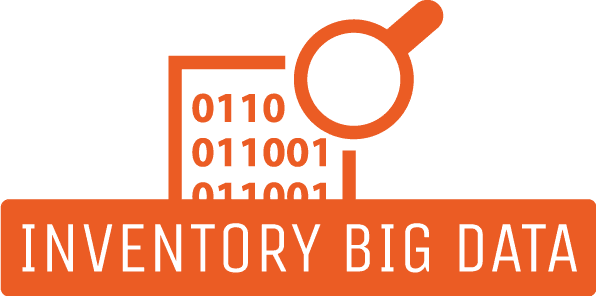Interview Questions – Supply Chain Director
Explore how James, a seasoned supply chain director, manages risk, leads major projects, and stays current with industry trends. Learn about his strategies for maintaining compliance, negotiating contracts, and fostering strong supplier relationships. Understand his approach to prioritizing demands and using data-driven decisions to enhance supply chain efficiency and reduce costs.
Description
Interview questions
Question: Can you describe your experience in supply chain management?
- Answer: I have over 10 years of experience in supply chain management, starting from a role as a supply chain analyst to my current role as a supply chain director. Throughout my career, I have gained expertise in areas such as demand planning, procurement, inventory management, logistics, and supplier relationship management. I have also successfully led teams and implemented various initiatives to improve supply chain efficiency and reduce costs.
Question: How do you approach risk management in the supply chain?
- Answer: I believe that proactively identifying and managing risks is crucial in ensuring a smooth and efficient supply chain. I have implemented various strategies such as supplier diversification, implementing contingency plans, and regularly monitoring key indicators to identify potential risks. Additionally, I involve key stakeholders in regular risk assessment discussions to ensure a comprehensive approach to risk management.
Question: Can you give an example of a major project you have led in the supply chain?
- Answer: One of the major projects I have led was the implementation of a new inventory management system. The goal was to improve inventory accuracy and reduce excess inventory levels. I led a cross-functional team, including IT, finance, and operations, to ensure the successful implementation of the new system. The project resulted in a significant improvement in inventory accuracy and a reduction in excess inventory levels, which directly contributed to the bottom line.
Question: How do you prioritize and manage conflicting demands in the supply chain?
- Answer: I believe in the importance of clear communication and collaboration with all stakeholders to ensure that all demands are understood and prioritized. I also use data-driven decision making to objectively prioritize demands and allocate resources based on their impact on the supply chain as a whole. I also regularly review and adjust priorities to ensure that the supply chain remains aligned with the overall business objectives.
Question: How do you stay current with industry trends and advancements in supply chain management?
- Answer: I stay up-to-date with industry trends and advancements by regularly attending industry events and conferences, reading trade publications, and participating in professional development opportunities. I also have a strong network of industry professionals that I regularly engage with to exchange ideas and best practices. Additionally, I encourage my team to stay current by providing opportunities for them to attend events and conferences, and by incorporating new and innovative practices into our supply chain operations.
Question: How do you ensure compliance with industry regulations and quality standards in the supply chain?
- Answer: Ensuring compliance with industry regulations and quality standards is a top priority. I achieve this by staying informed about the latest regulations and standards relevant to our industry. I work closely with the quality assurance team to implement robust processes and controls that ensure compliance. Regular audits and assessments are conducted to identify any gaps and take corrective actions. Training programs are also provided to employees to keep them informed and compliant with regulatory requirements.
Question: Can you describe a time when you had to negotiate a difficult contract with a supplier?
- Answer: One challenging contract negotiation I encountered was with a key supplier who provided critical components for our production line. The supplier was demanding a price increase that would significantly impact our costs. I approached the negotiation by thoroughly analyzing our purchase history and market conditions. I presented data-driven arguments to counter their demands and proposed a long-term partnership with performance incentives for cost savings. Through open communication and a collaborative approach, we reached an agreement that was mutually beneficial and maintained our cost structure.
Question: What strategies do you use to maintain strong relationships with suppliers?
- Answer: Maintaining strong relationships with suppliers involves regular communication, transparency, and collaboration. I ensure open lines of communication by having regular meetings and check-ins with suppliers to discuss performance, expectations, and any issues that may arise. Building trust through transparent dealings and honoring commitments is crucial. Additionally, I focus on collaboration by involving suppliers in our planning processes and seeking their input on how to improve our supply chain. Recognizing and rewarding good performance also helps in strengthening these relationships.
Question: How do you measure the success of your supply chain initiatives?
- Answer: Success in supply chain initiatives is measured using key performance indicators (KPIs) that align with our business objectives. These KPIs include metrics such as on-time delivery rates, inventory turnover, cost savings, supplier performance, and customer satisfaction. I regularly track and analyze these metrics to assess the effectiveness of our initiatives. Continuous improvement is achieved by identifying areas where we fall short and implementing corrective actions. Regular reporting and reviews with stakeholders ensure that everyone is informed about our progress and achievements.
Additional information
| Human Ressource | |
|---|---|
| Department | Supply Chain |
| Level | Director |






